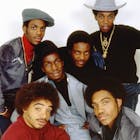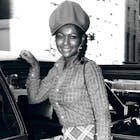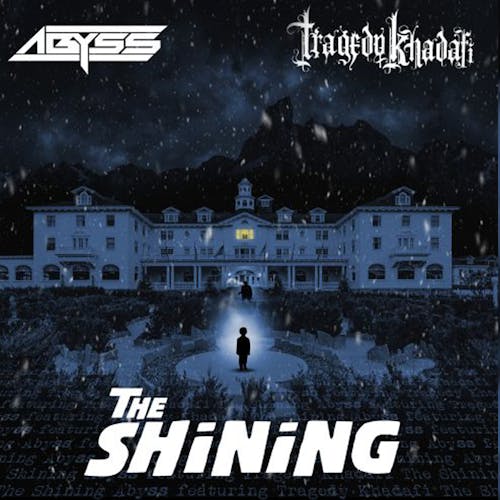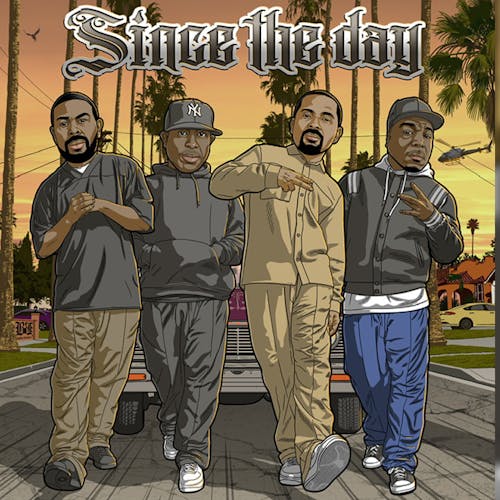features
"The Message" At 40
"The Message" At 40: The Enduring Legacy and High Cost of a Classic
Published Fri, July 1, 2022 at 12:00 AM EDT
To fully appreciate the impact of any piece of art, one must consider the landscape BEFORE as much as the reverberations AFTER...

That record was the demise of my formula. The price was too high to pay for that record."
- Grandmaster Flash
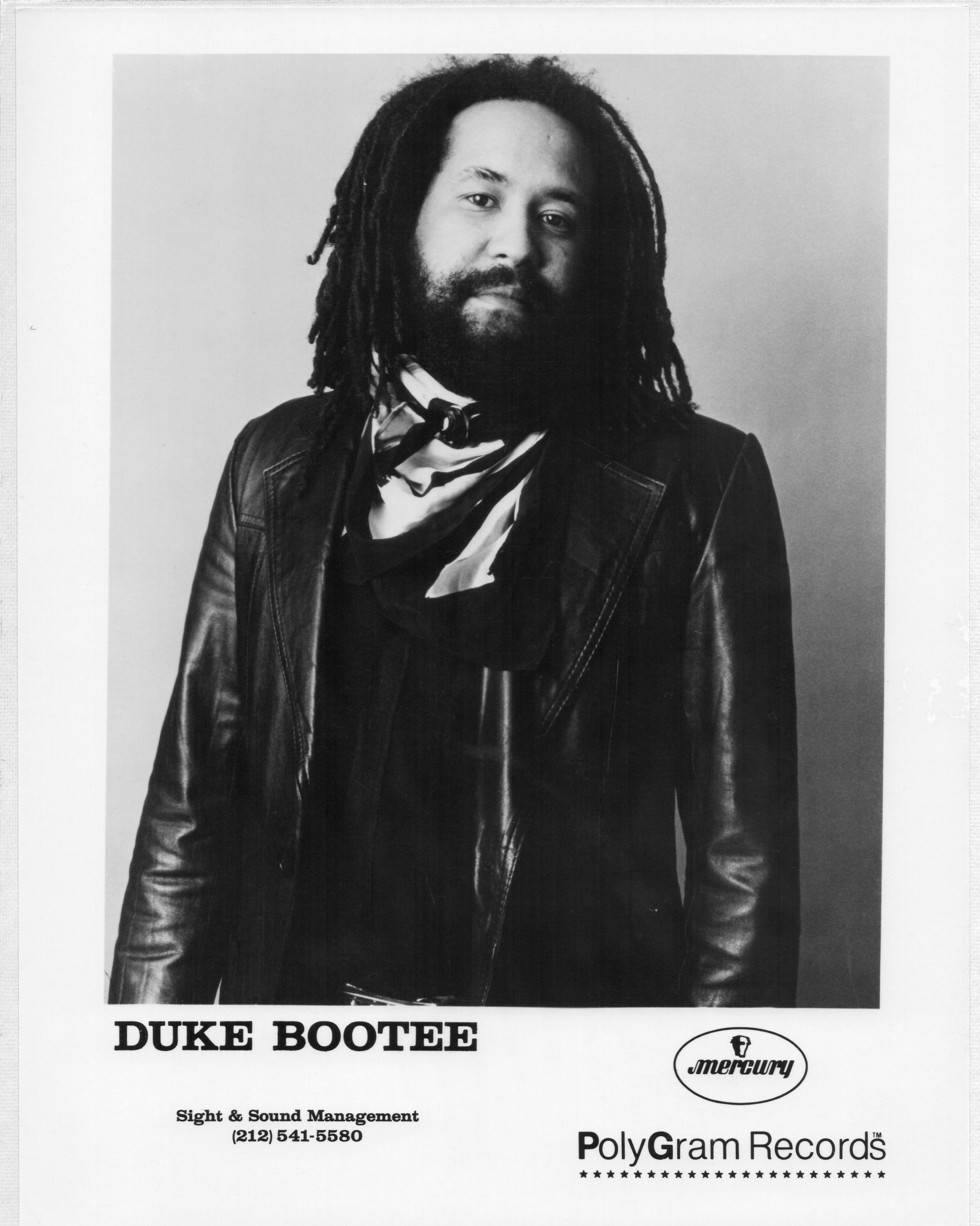


We were all American. I was America's heartthrob at the time and there's no way that I could have made a record talkin' about pissin' on stairs. It was meant for them to do that song..."
- Master Gee, The Sugar Hill Gang

You couldn't breakdance or do The Freak to it. 'Planet Rock' was the hottest record in the world at the time, and we wanted to do a record like that..."
- Rahiem of Grandmaster Flash and The Furious Five
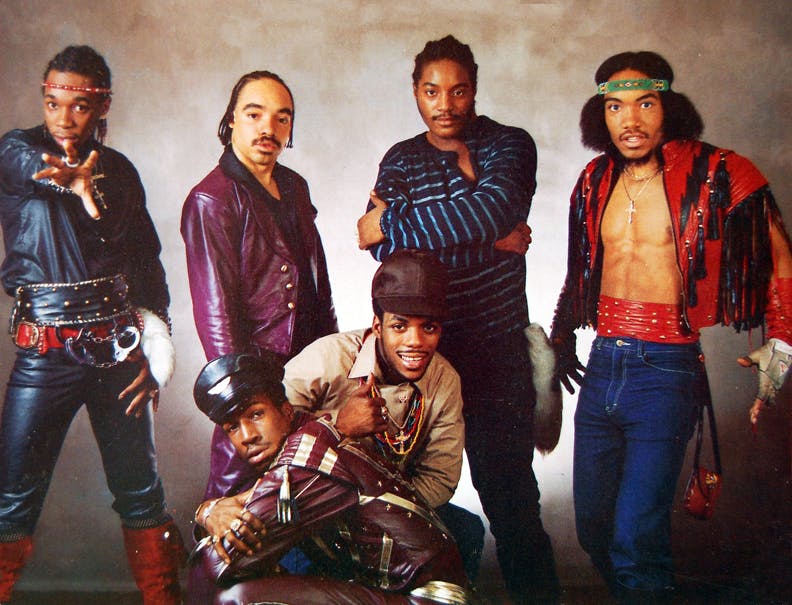


I don't think that 'The Message' broke up the group, but it planted the seed that built a certain amount of animosity that destroyed our working relationship and the creative continuity that we had..."
- Grandmaster Melle Mel

